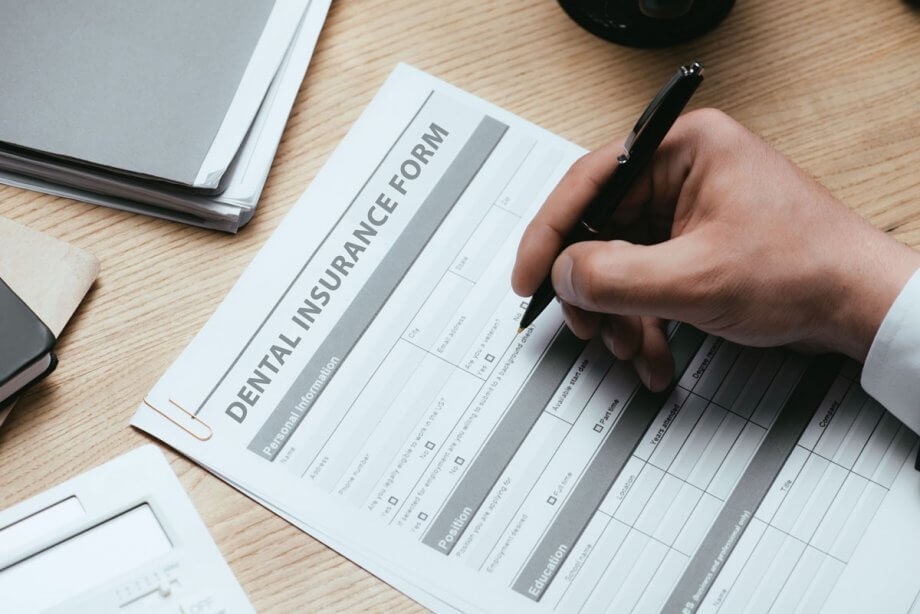Do you have dental insurance? Whether you are covered through your employer or you purchase your own, having dental insurance can save you a lot of money on your dental care. Do you know how to get the most out of it?
Here’s what you need to know about dental insurance and your dental health.
What does it mean when a dentist is in-network with your insurance provider?
Dental offices may say they accept all insurance plans, but that they are “in-network” with certain PPO insurance plan providers. Being in-network means that the pricing has already been negotiated with your insurance provider for all dental care procedures so that you pay less out of pocket. You can still see an out-of-network dentist, but you’ll likely pay more for your treatment.
What is a PPO plan?
PPO stands for Preferred Provider Organization. This means that in order to get your dental benefits to the fullest extent possible, you need to go to a dentist that is within the preferred provider organization.
Are regular cleanings covered by dental insurance?
Most insurance plans cover routine teeth cleanings and examinations twice per year. X-Rays are usually covered once per year. This is in line with the recommended timeline of dental visits according to the American Dental Association.
Who bills the insurance company for your dental care?
The dental office should bill your insurance company for the care you received after each appointment. Your insurance may only pay for a portion of your treatment and if so, you are responsible for the rest. You may receive an explanation of benefits statement from your insurance provider following your appointment that outlines the cost of your care and the portion they paid toward the total cost.
How much do you pay out of pocket?
The amount you pay out of pocket for any procedure depends on a few factors, such as the cost of treatment, the type of procedure, and whether or not your yearly deductible has been met. This amount is referred to as coinsurance.
What’s a deductible?
Many dental insurance plans have a deductible, which is a certain amount of money that must be reached before your insurance will cover your care. For example, if your insurance plan includes a deductible of $1,500 and you need a cavity filled that will cost $500, you will be required to pay for the entire cost out of pocket. If you require other dental procedures in the same year that total more than the $1,000 that you have left of your deductible, your insurance plan will begin coverage after that cost is reached.
What is an LEAT Clause?
LEAT stands for Least Expensive Alternative Treatment. If your plan includes a LEAT clause, it means your dentist will need to recommend a list of potential treatment options for your condition and your insurance will cover the least expensive one. It is always best to find out how your insurance plan covers any procedure you are considering before having the procedure.
What can I do if my insurance plan doesn’t cover the procedure I need?
Unfortunately dental insurance does not always cover every dental procedure. If your insurance plan doesn’t cover your treatment, there are ways to make it more affordable. Financing options are available to divide the cost of your treatment into affordable monthly payments, often with no interest for a promotional period of time.
Don’t avoid dental treatment because it is not covered by your insurance. Avoiding treatment now can lead to more expensive treatment later. If you avoid having a cavity filled, it could worsen until a root canal is needed. If you avoid a root canal, eventually the tooth may fall out and need to be replaced with a bridge or implant. Forgoing dental care due to financial reasons is only delaying the inevitable.
Aurora Dental Accepts All Major PPO Insurance Plans
If you’re looking for a dentist who is in-network with your insurance provider, Aurora Dental accepts all major PPO plans. This means your rates have been negotiated down to be more affordable. Regularly scheduled cleanings are typically covered because insurance providers know that preventive care can reduce the overall cost of dental care for an individual.
Call 330-562-3400 today or request an appointment. We will work with your insurance provider to help you maintain your dental health in the most affordable way possible.

